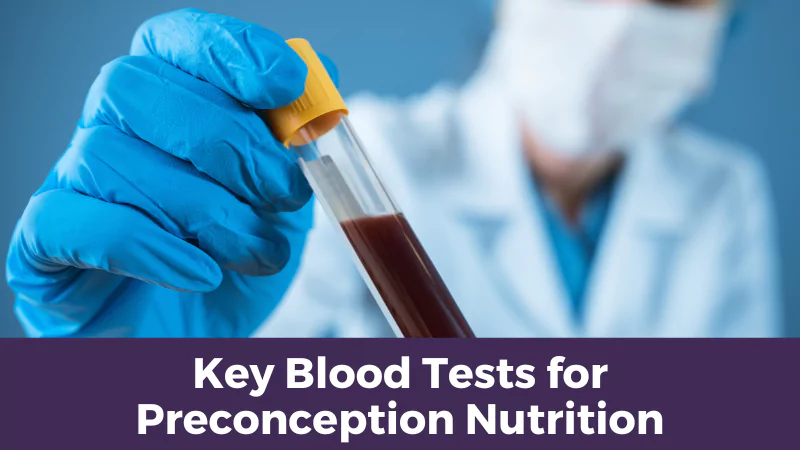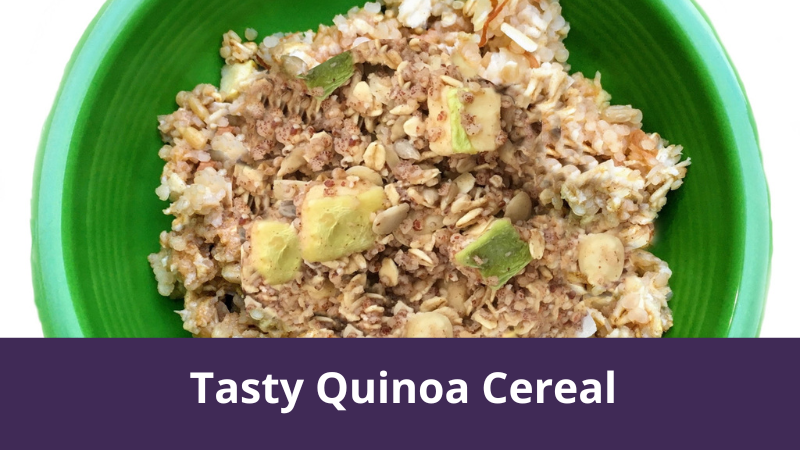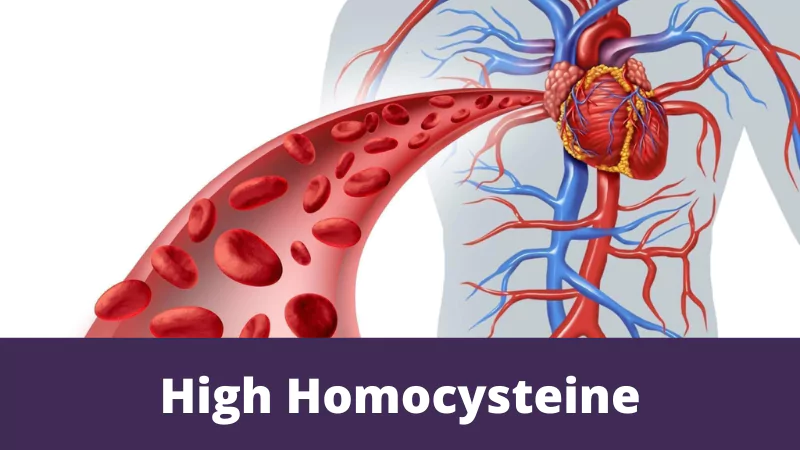What is Depression?
Depression is a mental state characterised by excessive sadness. It is more than just a low mood – it’s a serious illness that has an impact on both physical and mental health
Depression affects how people feel about themselves. They may lose interest in work, hobbies and doing things they normally enjoy. They may lack energy, have difficulty sleeping or sleep more than usual. Some people feel irritable and some find it hard to concentrate. Depression makes life more difficult to manage from day to day.
Research
1. Stopien et al (2008) examined the prevalence of MTHFR and the risk of depression in postmenopausal women. Women carrying the 677TT mutation had a 3.47 increased risk of developing depression in comparison to healthy postmenopausal women. Further, the 677TT mutation displayed a 4.83 increased risk of moderate and severe depression.
2. Low folate levels combined with a MTHFR C677T mutation are an important cause of high homocysteine levels that have been found to be linked with major depressive disorder (MDD). Patients diagnosed with MDD were screened to find the folate level to be lower in this group when compared to controls. Low folate levels also correlated with an increased BMI, especially in females. BMI was found to be higher in MDD patients, which was associated with the MTHFR C677T mutation and increased homocysteine levels. This study reinforced the importance of folate intake being above recommended intakes for those with altered function of the methylation pathways, as it leads to elevated homocysteine levels that significantly impact on the development of diseases such as MDD.
3. This research by Jamerson et al (2013) wish to discover whether mutations in the folate metabolism pathway predicted the age and occurrence of late life depression, and whether these mutations predicted the response to antidepressant medication. The main results showed a mutation in the MTRR gene involved in B12 metabolism, predicted remission in patients taking antidepressant medication, with the MTHFR A1298C also shown to be associated with remission. Dietary folate intake or any other folate related mutations were not found to affect onset or response to medication.









